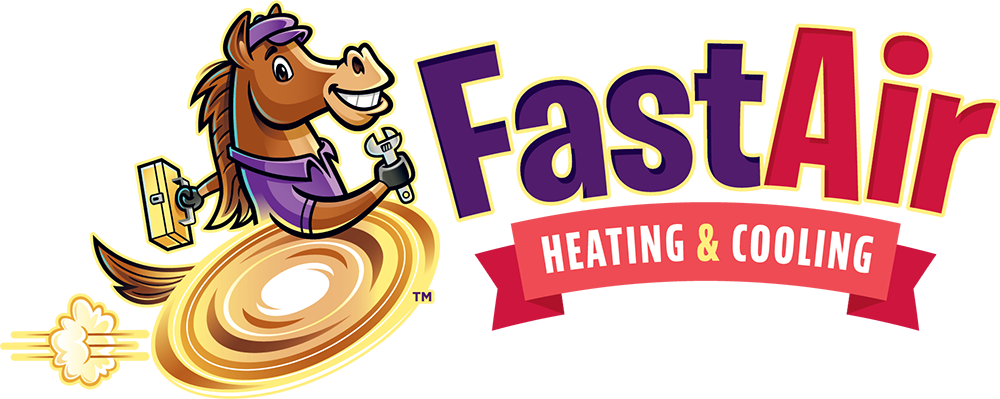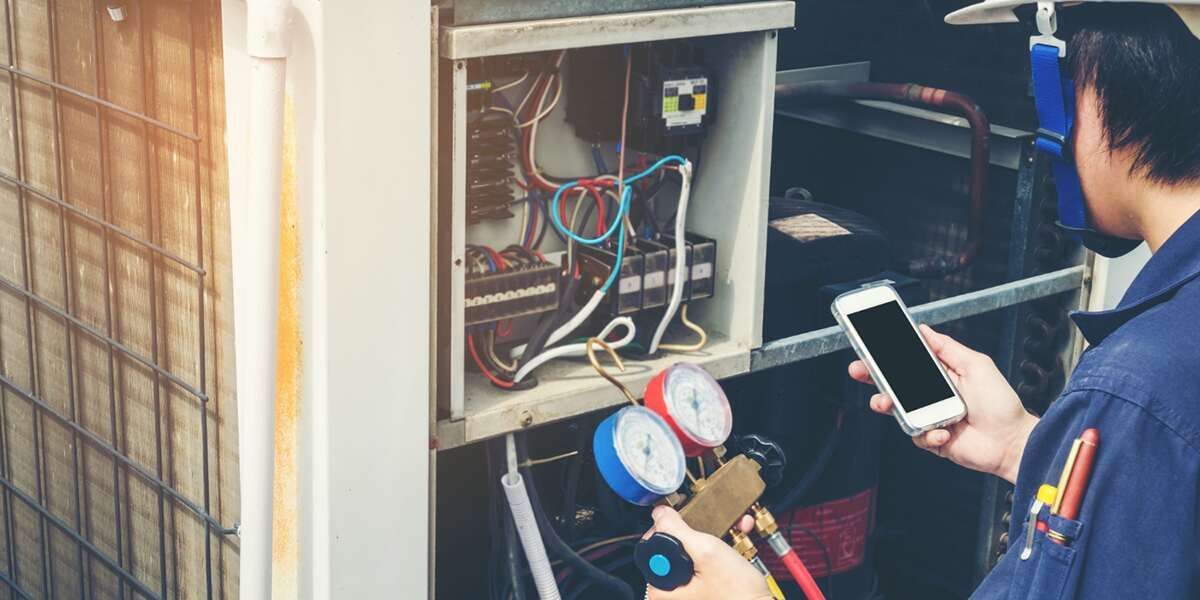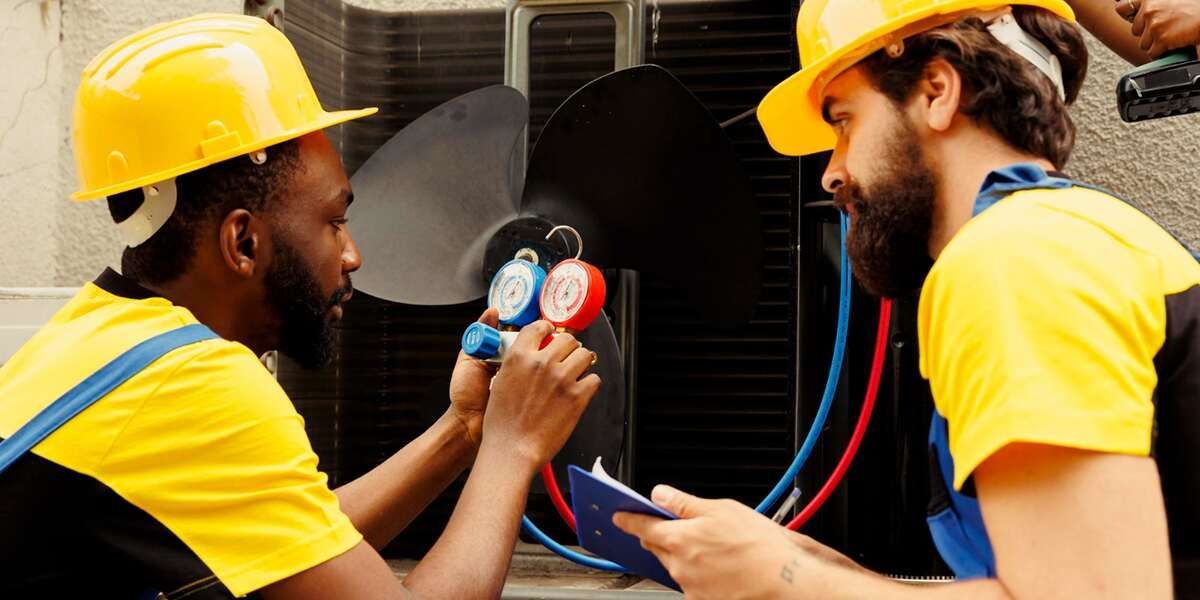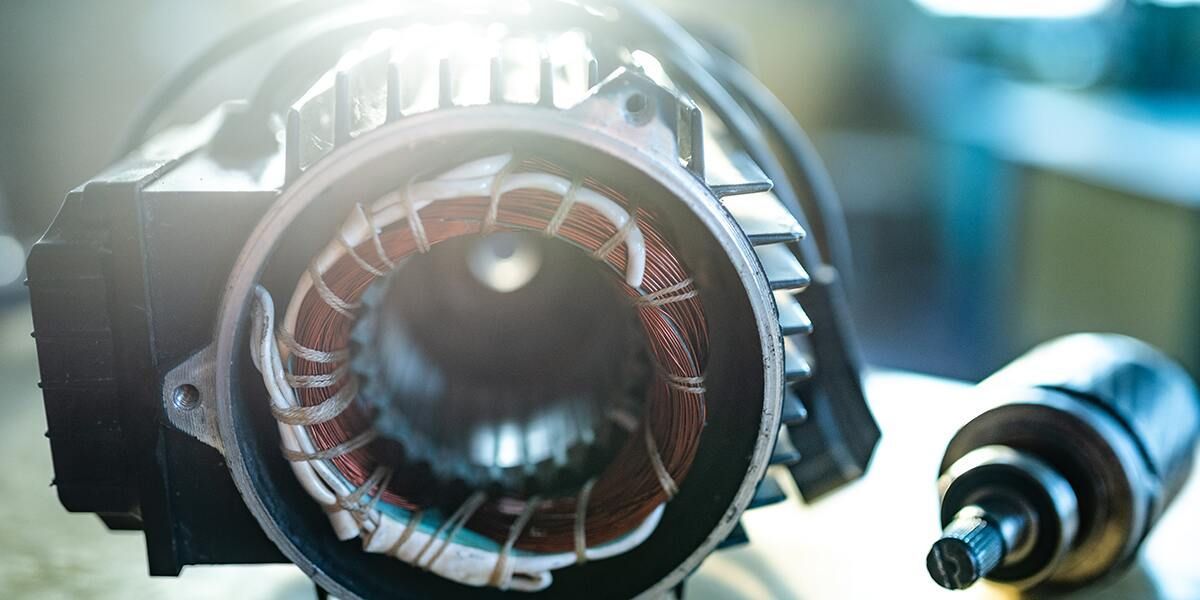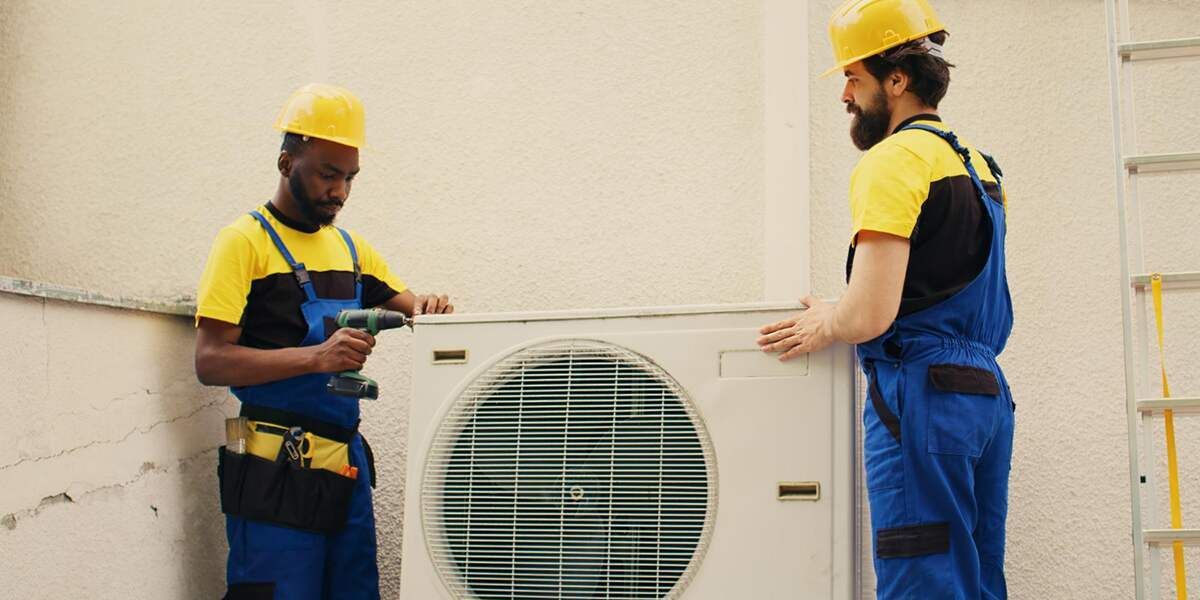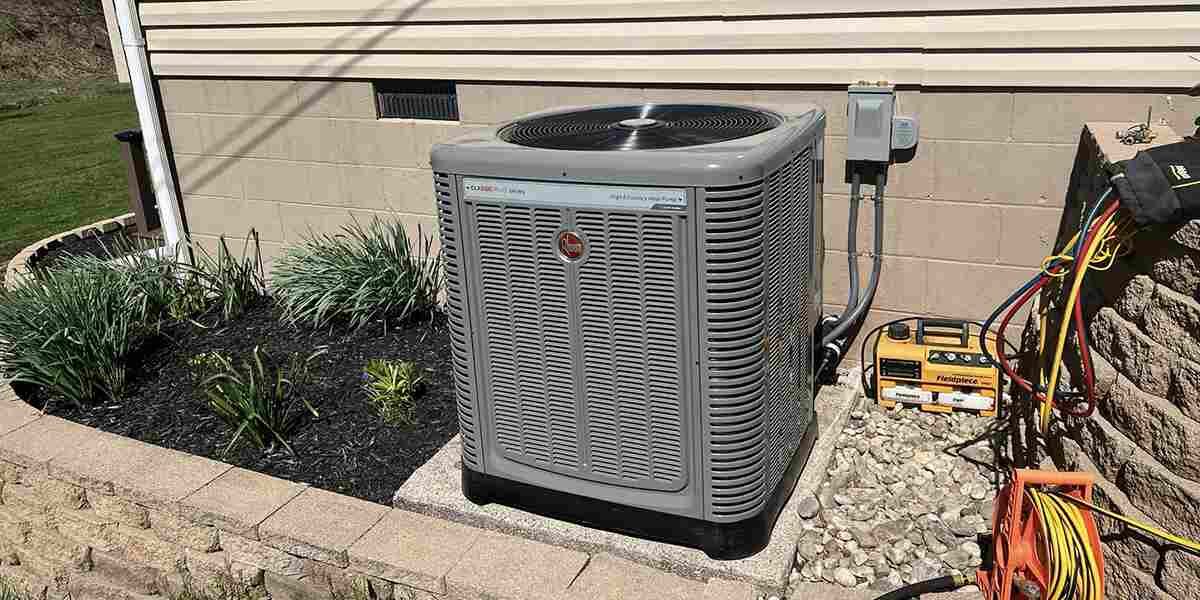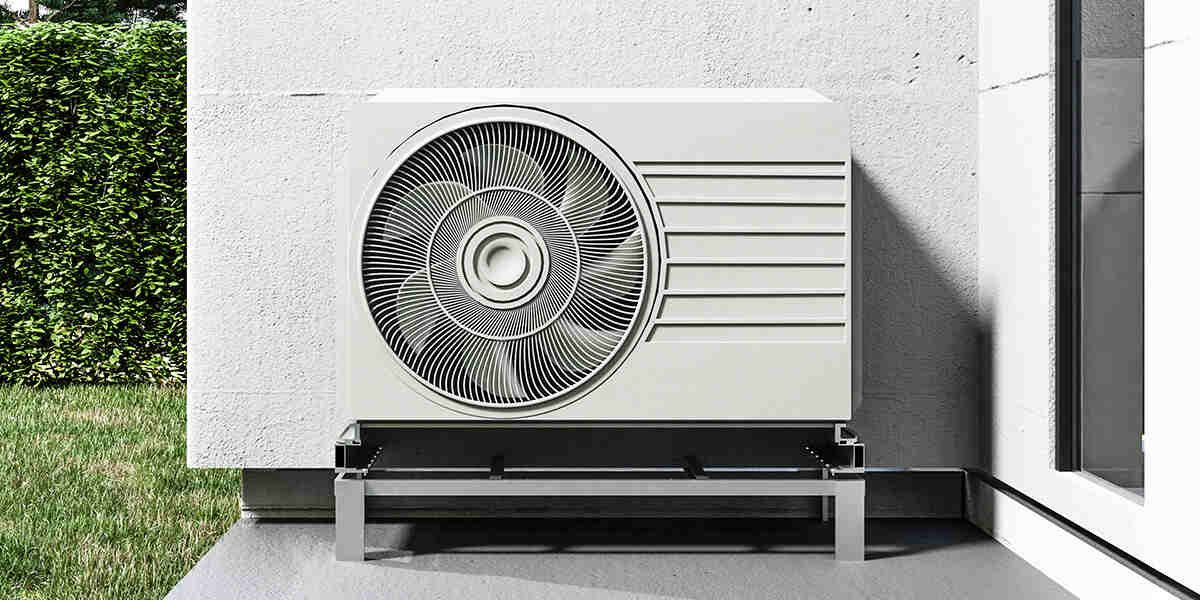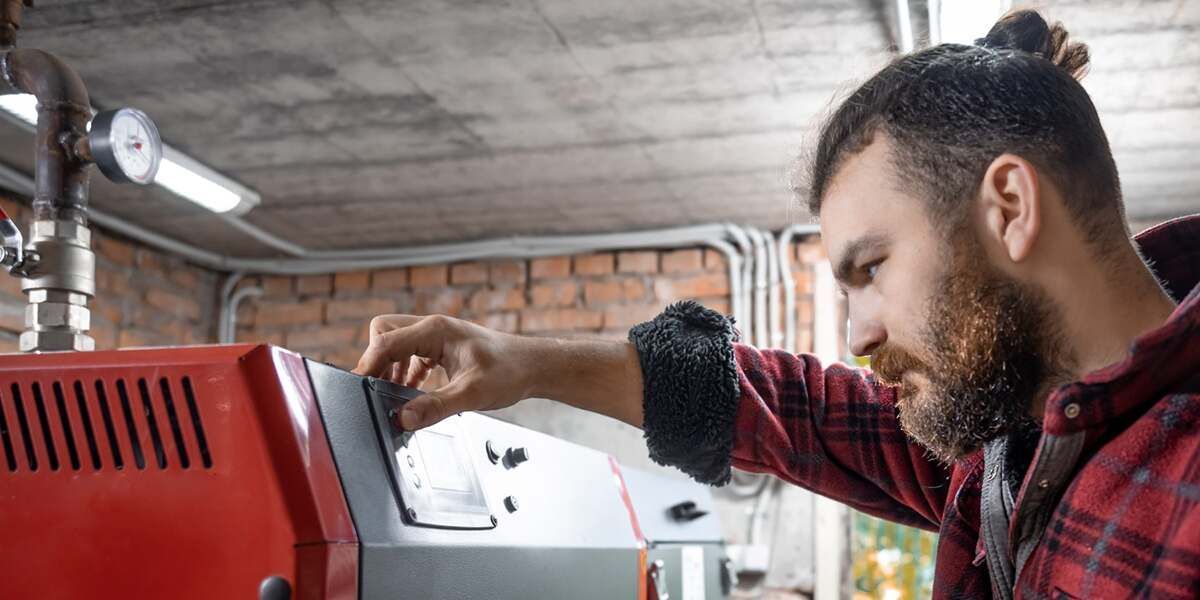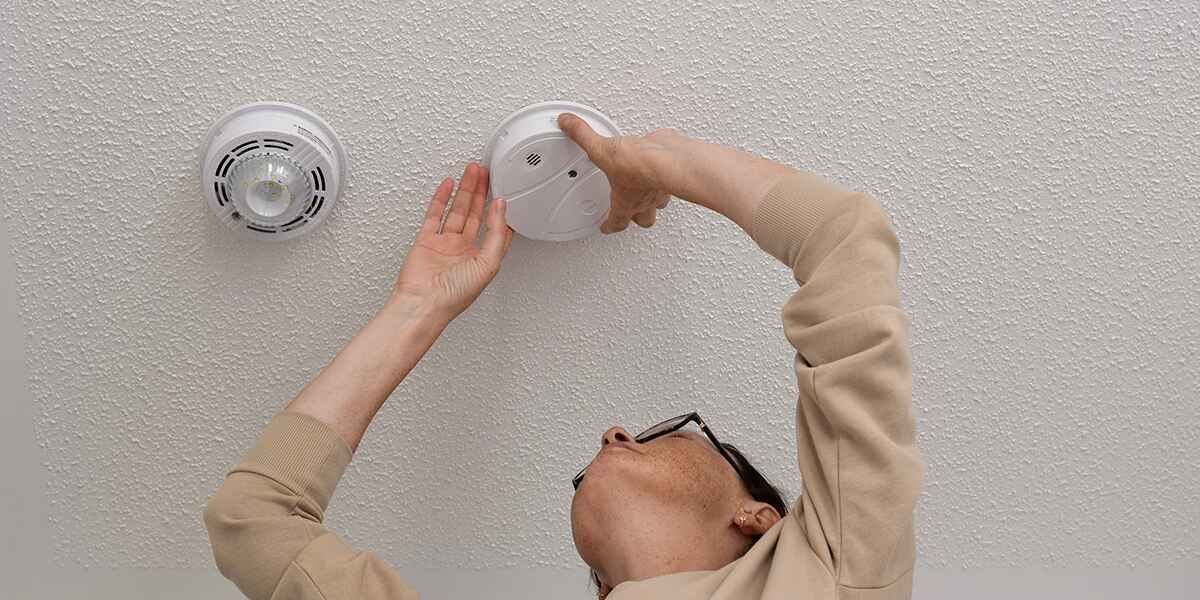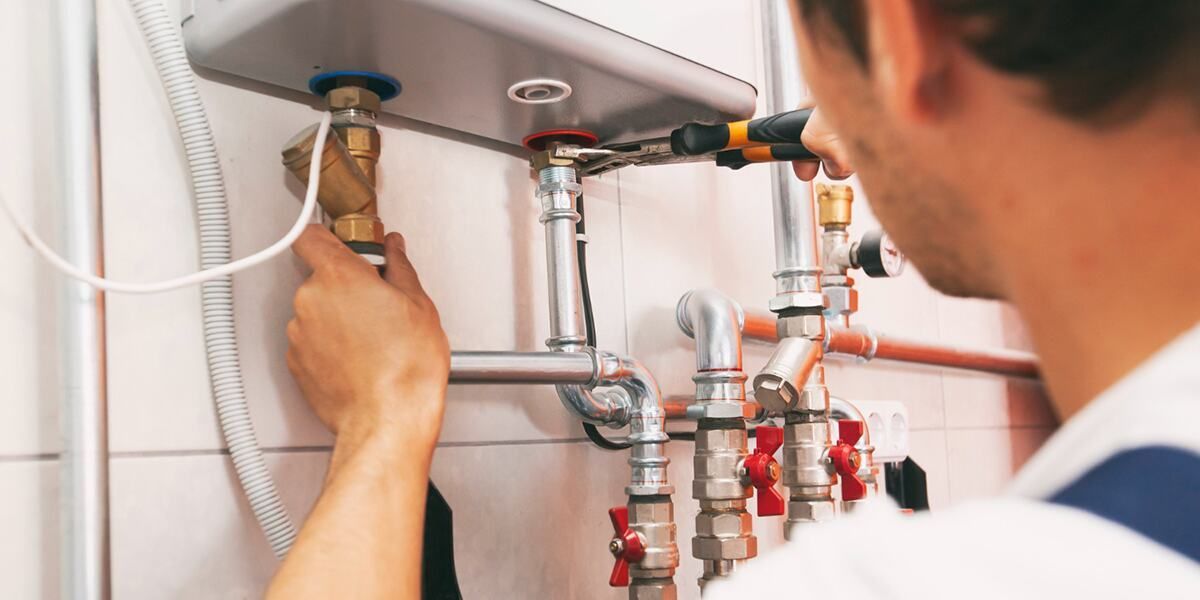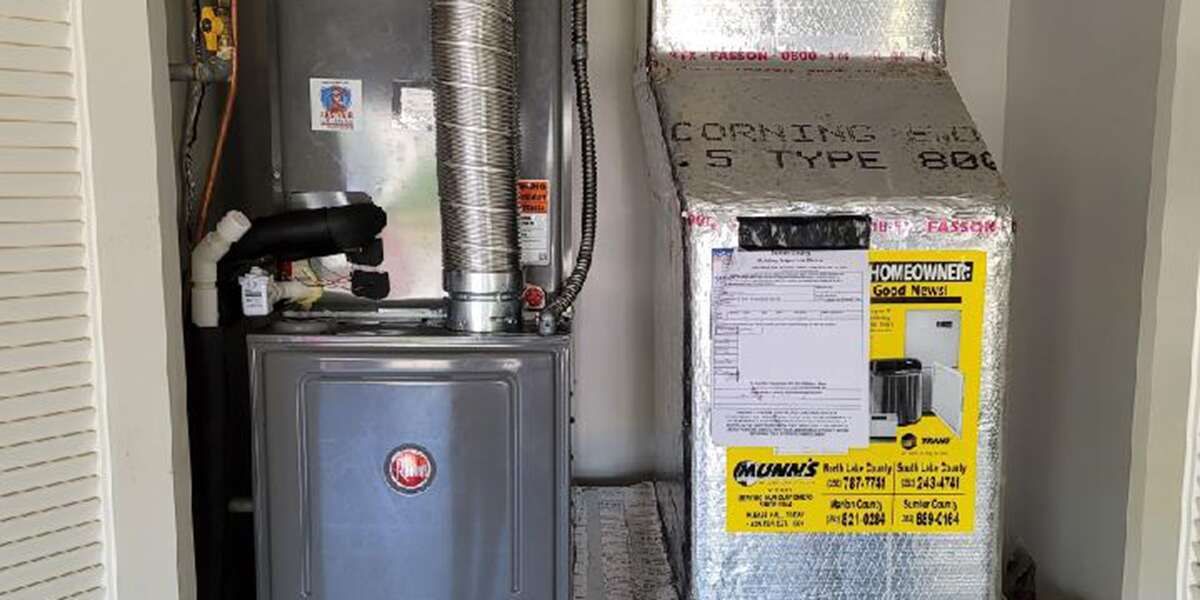EMERGENCY SERVICE AVAILABLE
What Are HVAC HEPA Filters?
If you think your home has poor air quality, then a HEPA filter offers a great way to improve your HVAC’s air filtration. HVAC HEPA filters provide a high standard of purification and can significantly improve indoor air quality in your home. So today, the team at Fast Air Repair will tell you everything you need to know about HVAC HEPA filters.
Contact Ocala’s HVAC experts today!
What Is a HEPA Filter?
HEPA filters, or high-efficiency particulate air filters, refer to industrial-strength air filters capable of filtering out particles as small as 0.3 microns in diameter. Medical offices, scientific labs, and other environments commonly utilize HEPA filters as they require extremely high levels of indoor air purity.
HEPA filters typically consist of a lattice of densely woven fiberglass or polypropylene fibers. The fibers act like a sieve, capturing particulate matter and letting clean air through. HVAC HEPA filters can filter out 99.97% of particles greater than 0.3 microns.
HEPA filters often form part of whole-house filtration systems that fit into your existing HVAC setup. Many of these systems combine HEPA filters with germicidal UV lights to filter and remove bacteria and viruses.
HEPA MERV Ratings
Filter effectiveness corresponds to its MERV (Minimum Efficiency Reporting Value) rating. The higher the MERV rating, the more effectively the filter captures particles. Stock filters in residential HVAC systems typically have a MERV rating between 9 and 13.
HEPA filters usually don’t have an official MERV rating. However, most people consider their performance to be between a rating of 17 and 20, which offers higher effectiveness than the actual maximum MERV 16 rating.
Benefits of HEPA Filters
Below we list a few benefits of installing HVAC HEPA filters in your home or business.
Improved Air Quality
The main benefit of HEPA filters comes from their ability to dramatically increase your home’s indoor air quality. HEPA filters remove common particulate matter in homes, such as dust, pet dander, mites, mold, pollen, dirt, and bacteria. HEPA filters prove especially useful in homes with infants and young children.
Fewer Allergies
HEPA filters also remove particles that can trigger allergic reactions and other respiratory conditions. Homeowners that install HEPA filters report a lower incidence of respiratory irritation and improved comfort.
Stop Bad Smells
Bad smells come from particles in the air. HEPA filters are effective at removing materials that cause foul odors. Other methods of odor neutralization, such as air fresheners or aerosol sprays, can cause negative reactions in some people.
Improve System Performance
HEPA filters can also improve system performance. They keep dust and grime out of your HVAC components so they can work more efficiently. For example, HEPA filters work more effectively at keeping dust off evaporator and condenser coils.
No Byproducts
Several other types of air purifying systems create harmful byproducts. For example, many ionic air purifiers produce ozone, which can cause headaches, coughing, and difficulty breathing. In contrast, HEPA filters do not create any emissions or harmful substances.
Neutralizing Smoking
If you have a smoker in your home, a HEPA filter can neutralize a large degree of the effects. HEPA filters remove smoke particles and prevent them from accumulating on your walls and ceilings. A HEPA filter can also reduce the risk of secondhand smoke exposure.
HEPA Filter FAQ
Read below for some of the most common questions about HEPA filters we receive.
How Long Do HEPA Filters Last?
Depending on the specific model, HEPA filters last between six months and a year. A HEPA filter’s lifespan depends on environmental conditions and local air quality. For example, if you live in a dry and dusty area, you may have to change the filter more frequently.
Can I Use a HEPA Filter With Any HVAC System?
You can use a HEPA filter with any system—however, some may not handle it well. HEPA filters can restrict airflow, putting excessive strain on the system. However, many modern manufacturers create HEPA-compatible HVAC systems with more powerful fans and motors to compensate.
Check your system manual to see if it is HEPA-compatible. You can also schedule an appointment with an HVAC professional to discuss filter options.
Do HEPA Filters Work on Gases?
No, HEPA filters do not work on gases. They will not filter out things like volatile organic compounds (VOCs). Some HEPA filters include carbon filters that can remove gas products. HEPA filters can remove some bacteria but cannot remove most viruses because they are too small.
Do HEPA Filters Have Any Downsides?
HRPA filters make a good choice for most homeowners but have some downsides. Not all HVAC systems are compatible with HEPA filters, and it can be difficult to clean reusable HEPA filters because of the dense mesh. HEPA filters also get dirtier faster than traditional box filters and need more frequent replacement.
How Much Do HEPA Filters Cost?
HEPA filter replacements cost $30 to $80 on average, though some products cost $100 or more.
How Can I Tell if a HEPA Filter Is Genuine?
There is no HEPA-certification process, and any manufacturer can technically call their filters HEPA filters. The best way to tell a genuine or “true” HEPA filter is to look at specific claims about air filter performance. Packaging should mention that it removes 99.7% of all airborne particles 0.3 microns in diameter or larger.
You can also look for the letters “UL” on the packaging. The UL symbol stands for Underwriters Laboratories, a company that performs testing protocols for HVAC HEPA filters. This certification is not official, so do not rely on the presence of a UL alone to make a purchase.
Contact Us Today!
Fast Air Repair ranks as the #1 provider of heating and air conditioning services in Dunnellon, FL, and surrounding areas. Whether you need routine maintenance or emergency repairs and installation, we have the skills and expertise to assist. Talk to us about your next HVAC project!
Read our blog to learn more about the types of common HVAC systems. Contact us online or call today at (352) 290-7968!
Contact us for Service
Footer - Website Lead
We will get back to you as soon as possible.
Please try again later.
For emergency service, to get a free quote, or if you have questions or special requests, just drop us a line. We Look forward to serving you!
Hours Of Operation
- Mon - Sun
- Open 24 Hours
Emergency Service Available
All Rights Reserved | Fast Air Repair

